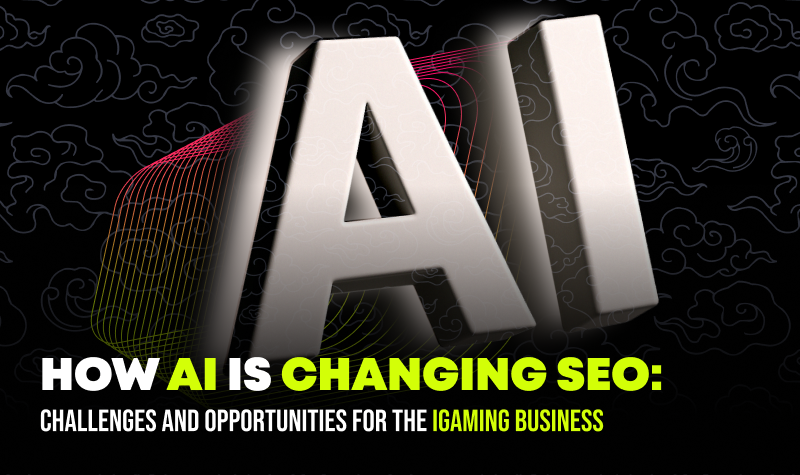The development of neural networks such as ChatGPT, Claude, Grok, and others has already changed approaches to digital marketing. This is especially noticeable in industries where content is a key asset. One such industry is iGaming: online casinos, betting platforms, game aggregators, and affiliate sites that critically depend on traffic from search engines.
Below, we will explore exactly how AI technologies are transforming content creation processes, search engine behavior, and the SEO professional’s role within the iGaming market.
Revolution in Content Creation: From Copywriter to AI Editor
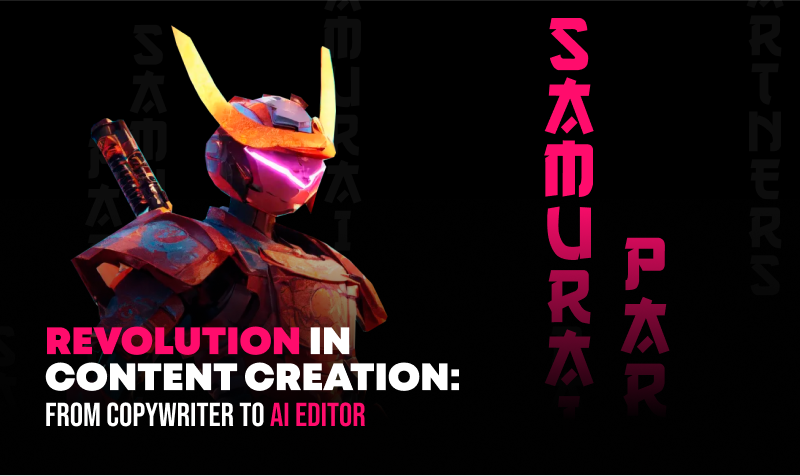
Before powerful neural networks emerged, the SEO content creation process looked standard: a technical brief was created, a copywriter was hired to write texts based on keywords and search engine requirements. This was especially true in iGaming, where each casino, slot, or bonus description followed an almost template-like structure: advantages, licenses, types of games, bonus conditions.
Now much has changed. Instead of copywriters, texts are being generated by artificial intelligence. This significantly speeds up the process — an SEO specialist can receive a primary draft in minutes. This is especially relevant for typical pages: provider descriptions, slot rules, license info, bonus reviews.
For example, a casino affiliate site can generate dozens of slot machine descriptions in a single day, whereas before this took weeks. However, complex texts — betting analytics, match predictions, comparative analyses of game mechanics — require expert intervention. Here, the human role shifts from “writer” to “editor and AI task manager.”
Evolution of Search Algorithms and New Quality Requirements
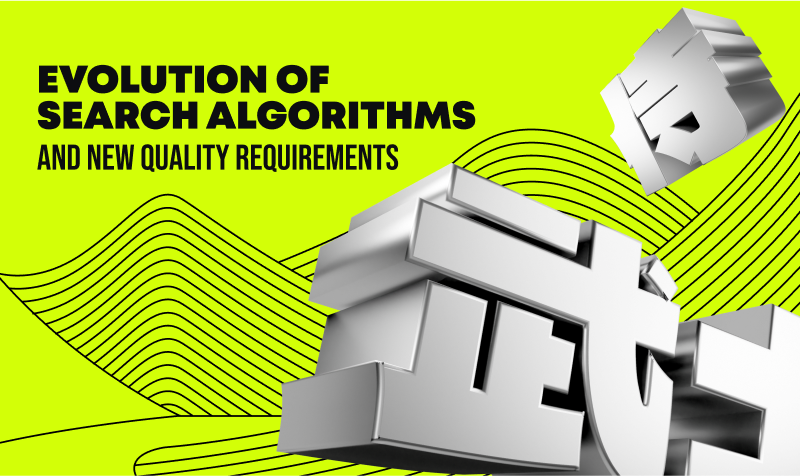
With the growth of automatically generated content, search engines face the challenge of distinguishing useful texts from templated and empty ones. This is especially critical for iGaming: earlier, technical SEO alone could push a page to the top, but now that is no longer enough.
Google now emphasizes E-E-A-T, which means:
- The Author’s Identity matters. Who wrote the article about a particular casino or slot: a gambling expert or an anonymous account?
- Experience is important. Is the text based on real gameplay, testing results, or personal reviews?
- Context matters. Is the material published on a respected platform or on a recently created website without history or backlink authority?
For example, if an iGaming platform publishes content on behalf of former professional players or sports betting analysts, this greatly increases the chance of being recognized by AI and search algorithms as an authoritative source. Otherwise, automatically generated texts risk being filtered out and missing top rankings.
The New Role of the SEO Specialist: From Technical Executor to AI Orchestrator
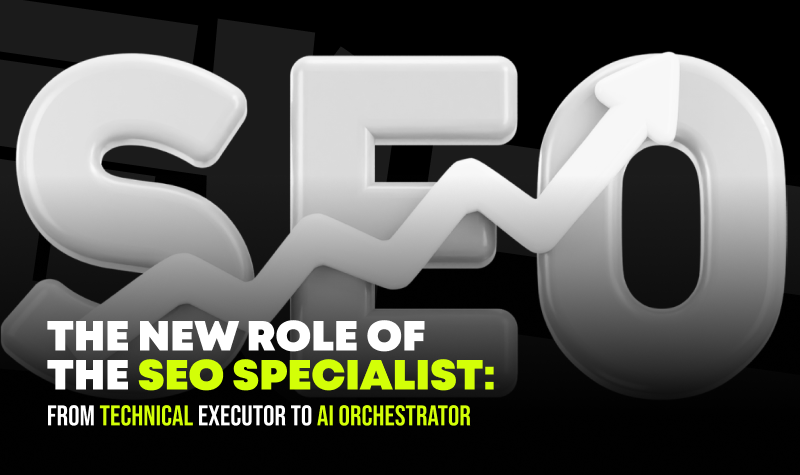
Previously, SEO involved routine work: keyword research, link analysis, position tracking, and preparing technical briefs. Today, much or all of this can be performed partially or fully by AI. Tools now exist that:
- Automatically collect semantic data on queries like “high RTP slot machines” in the niche;
- Generate titles and meta descriptions for hundreds of casino pages;
- Create template technical tasks;
- Analyze Google Analytics and Search Console reports, offering recommendations.
iGaming SEO increasingly requires skills in managing AI tools: knowing how to craft effective prompts, how to interpret AI results, and how to adapt generated content to E-E-A-T and user retention criteria. Instead of manually processing pages, specialists must build strategy, manage data flows, and evaluate content from the perspectives of trust and uniqueness.
The Future: Full Transition to AI-Generated Answers?
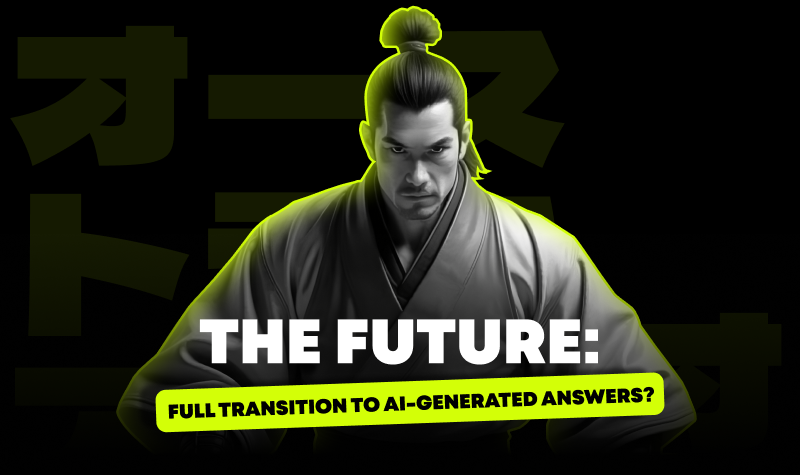
Experts predict that by 2027, up to 60% of search queries will be processed by AI with minimal involvement of classical search results. Google and other search engines are investing in generative models (like ChatGPT) capable of creating complete casino reviews or deposit instructions directly in the interface. This means that sites relying on organic traffic risk becoming invisible if they don’t adapt to the new rules.
Potential Problems for SEO Sites
It would not be an exaggeration to say that classical search results may lose their significance. Here’s why:
- Traffic loss: If AI delivers answers directly, site clicks drop. In iGaming, this is critical since CPA and affiliate revenue depend on user visits. Losing 30-40% of traffic can collapse a business model.
- Monetization deficit: Without traffic, SEO sites cannot earn from ads or affiliate programs, which is especially painful for niches where content is developed over years.
- Need for restructuring: Sites must become “AI-friendly,” providing structured data, FAQs, and content that AI can easily “paraphrase.” This requires reworking thousands of pages, which is costly and labor-intensive.
- Competition with AI-generated content: If Google itself generates reviews, why should users visit a site? This is especially relevant in iGaming, where speed and convenience are key.
Conclusion
The transitional period for the iGaming industry means one thing: standard SEO practices no longer guarantee results.
It is necessary to:
- Develop personal brands by publishing content on behalf of experts, bettors, streamers, and analysts;
- Create unique, experience-oriented content — reviews based on real gameplay, screenshots of winnings, comparison of bonuses with withdrawal conditions and verification;
- Monitor how AI systems respond to user queries in the niche — for example, whether your platform is mentioned in ChatGPT or Bing answers for queries like “best slots in Kazakhstan” or “reliable casinos with fast payouts.”
AI is transforming SEO not theoretically but today — especially in industries where content is key, such as iGaming. Simple text generation no longer provides a competitive advantage. The focus now is on creating expert, original, and trustworthy content, adapted to the demands of both search engines and AI assistants.
In the future, winners will not be those who simply optimize for keywords but those who build ecosystems of knowledge, trust, and quality. The iGaming SEO specialist must become not a template executor, but an architect of content strategy in the AI era.

